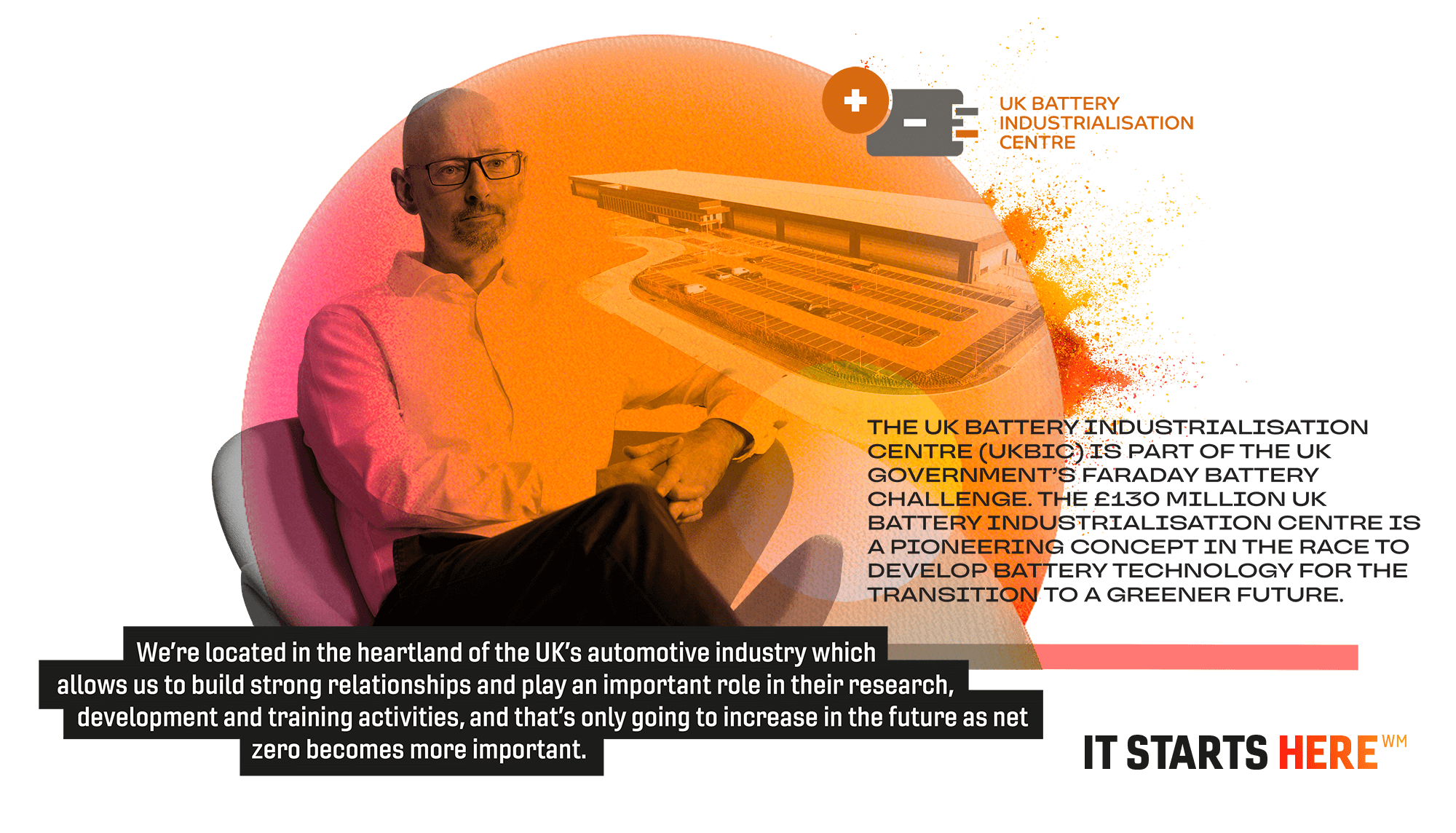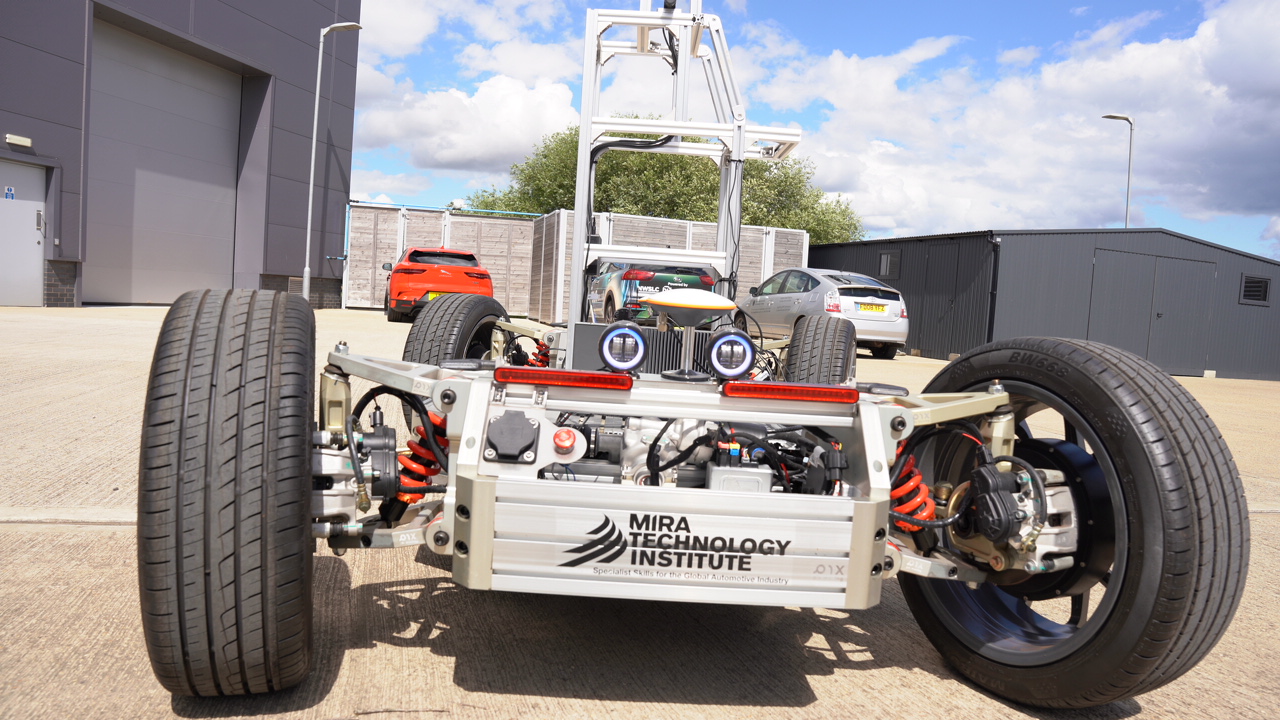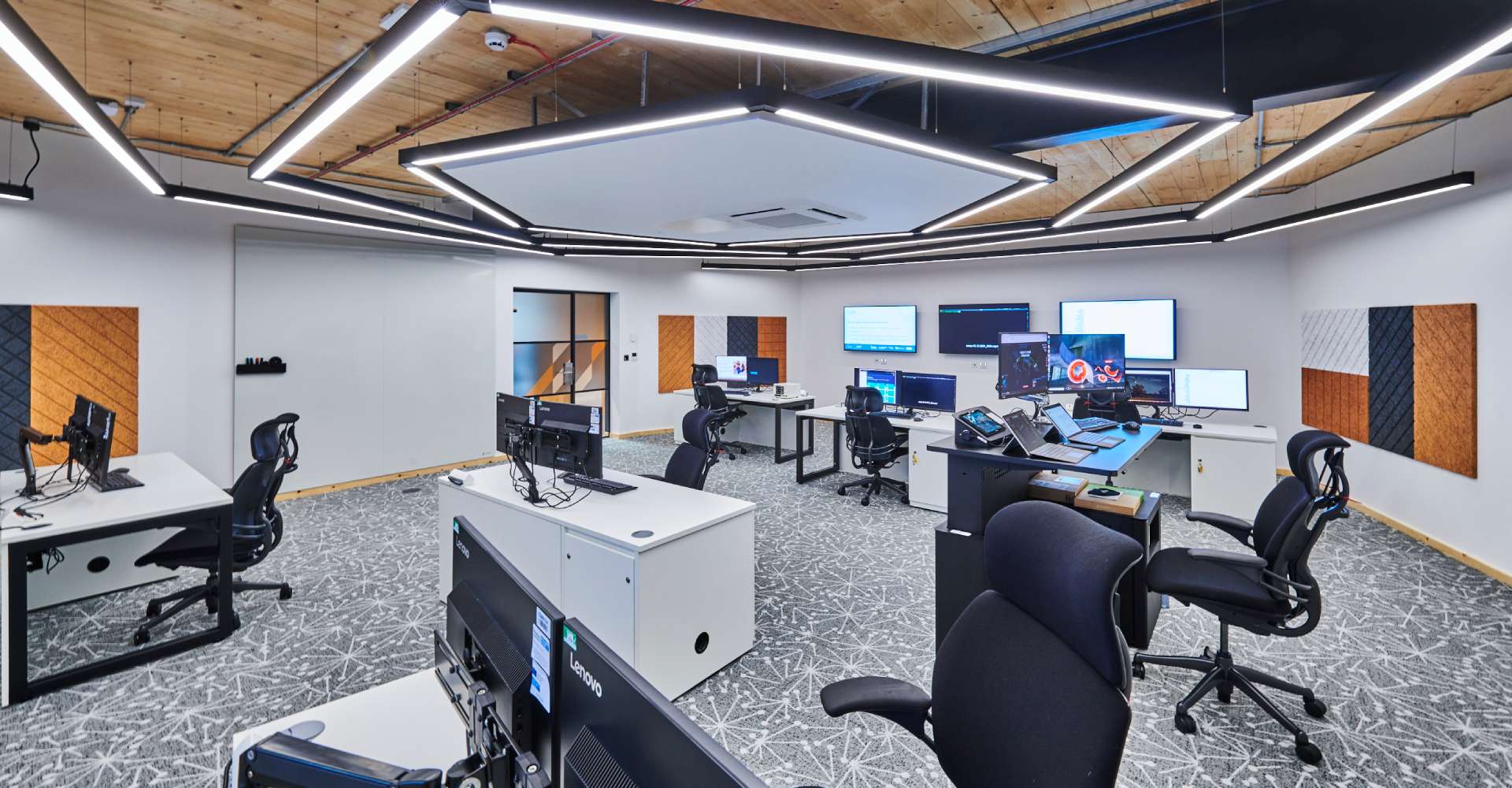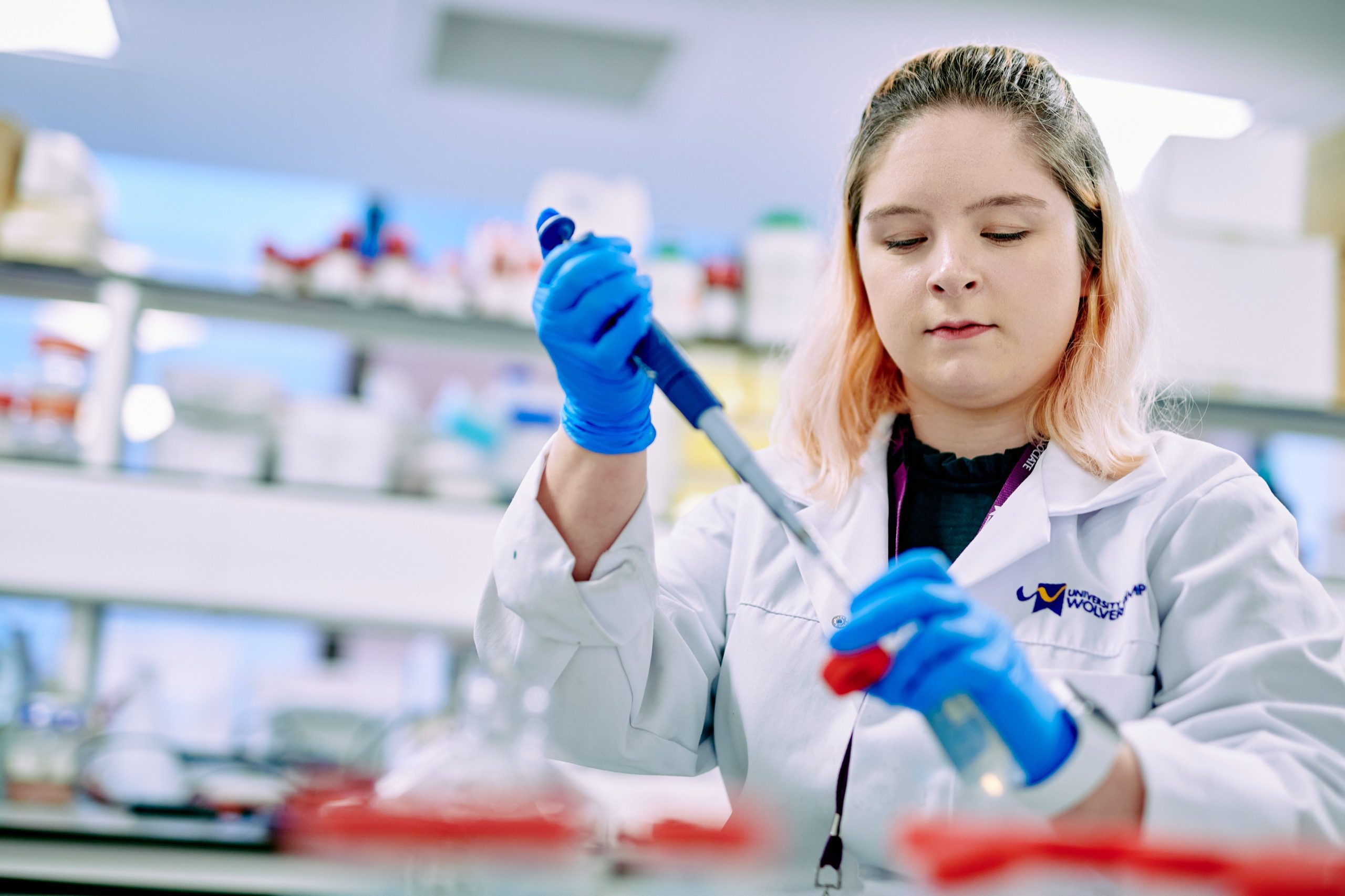UKBIC Powers Nation Towards Electrification
UKBIC Case Study

With a commitment to reach net zero by 2050, big changes are in progress for UK industry. Electrification is critical to the nation’s ability to hit this target, which puts the UK Battery Industrialisation Centre, better known as UKBIC, at the forefront of the green transition. UKBIC is a key part of the Faraday Battery Challenge (FBC), a government programme to fast-track the development of a UK battery ecosystem that makes it easy for companies to go from desktop research to gigafactories.
Managing Director of UKBIC, Sean Gilgunn, explains,
‘UKBIC is a £200m government-funded facility, employing 140 people who are dedicated to progressing battery technology. For our clients, it can be a difficult journey to go from laboratory or development level where they’re building small numbers of coin cells up to industrialisation and commercialisation where they have to see if their chemistry or materials could work in a gigafactory. We exist to help customers make that journey.’
With gigascale battery equipment, UKBIC saves battery innovators from having to invest in their own infrastructure.
‘Companies that use or create battery chemistries, materials and technologies can come to us and test that out at scale. But we also provide training and development opportunities to companies of all sizes. In the UK there aren’t many places you can go to train a workforce in battery technology, so they can come to us and get hands-on experience on our line where they can deal with the issues they’d face as they develop their own battery capabilities.’
Electrification is a sector which is growing at pace, whether in new battery materials, chemicals or manufacturing techniques, with EVs, aviation, storage, off highway and even marine opportunities appearing all the time. According to Gilgunn, the rate of growth is one of the problems UKBIC faces.
‘We’re just trying to keep up with demand. We’re such a valuable resource: companies trust the fact that UKBIC is an independent, non-commercial organisation and we’ll treat their research confidentially. We’re agnostic on technology and – crucially – we don’t take a share of our clients’ IP, which means all the hard work they do remains theirs. There aren’t many organisations in the world that do that.’
It’s not surprising that such a growth area is constantly attracting inward investment. Gilgunn says,
‘Although we started with an initial investment of £130m which is focused primarily around supporting larger partners, we recognise we need to do more to help smaller companies which are not quite so advanced, and which might be working at a different scale. So, Phase 2 involves a £74m investment into a new flexible pilot line which is due to launch in 2025. It will allow smaller businesses, startups in particular, to make their own transition towards industrialisation and commercialisation, and it will also bridge the gap more broadly between R&D and market-viable products.’
Gilgunn believes the West Midlands is a good fit for UKBIC because of the region’s collaborative nature, as well as its heritage in innovation.
‘What we’re doing, providing a national resource of this type, has never been done before. Not just in the West Midlands or the UK, but anywhere in the world. There are a couple of countries which are now copying our model but, when we launched, we were a totally novel concept. The businesses in the battery ecosystem have really embraced the idea of a bespoke development facility, and that’s testament to the collaborative approach which seems to be part of the West Midlands’ DNA. We’ve been able to build great partnerships in the region, both on the talent side of things with a really strong engineering talent pool, and on the demand side, particularly through the automotive sector.’
Gilgunn is excited about the future.
‘In addition to our flexible pipeline, we’ve got some other developments in store. We’re in the process of building a new battery development laboratory, which will help companies carry out extensive analytical work on their products. We’re also currently building new clean and dry rooms, spaces which can be rented by clients who need a totally controlled environment as they develop new products.’
Located close to the University of Warwick, the University of Birmingham, Coventry University and Aston University, UKBIC has access to some of the country’s brightest engineering talent, but Gilgunn says his team is happy to throw their ambitions into client projects.
‘Our mission is to help battery companies achieve their goals. We don’t produce for ourselves or undertake research for ourselves, and we don’t hold IP. Fundamentally, we’re here to help. What I love seeing from the next generation of engineering talent is their absolute passion for electrification and their determination to hit that net zero target. It’s wonderful to witness and a privilege to be part of. I waited until a later stage in my career to take on a role where I felt I was really making a difference. Perhaps, if I were to give my younger self some advice, it would be to make this move sooner. Nothing makes us prouder or jump out of bed more than the prospect of helping the companies that come into UKBIC deliver their ambitions. It’s a really exciting place to be.’
DIVE IN TO ANOTHER STORY:

Rebel Without a Carbon Footprint
It Starts Here

Medherant Sticks to Success
It Starts Here

Riding the Wave of Disruptive Tech
It Starts Here



